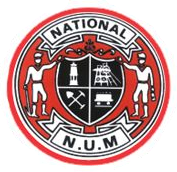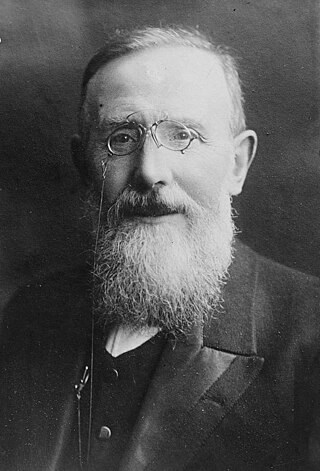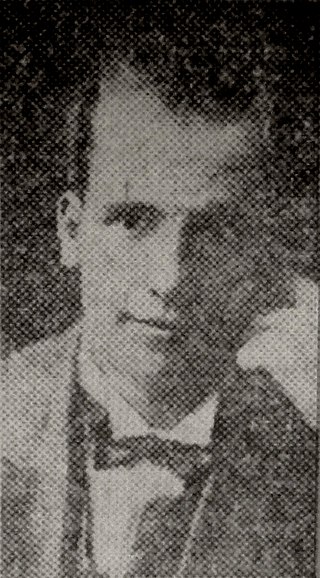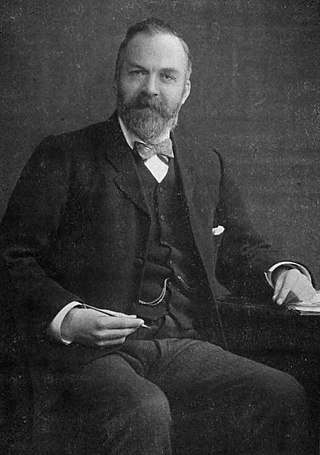Related Research Articles

The National Union of Mineworkers (NUM) is a trade union for coal miners in Great Britain, formed in 1945 from the Miners' Federation of Great Britain (MFGB). The NUM took part in three national miners' strikes, in 1972, 1974 and 1984–85. Following the 1984–85 strike, and the subsequent closure of most of Britain's coal mines, it became a much smaller union. It had around 170,000 members when Arthur Scargill became leader in 1981, a figure which had fallen in 2023 to an active membership of 82.

Thomas Burt PC was a British trade unionist and one of the first working-class Members of Parliament.
The Miners' Federation of Great Britain (MFGB) was established after a meeting of local mining trade unions in Newport, Wales in 1888. The federation was formed to represent and co-ordinate the affairs of local and regional miners' unions in England, Scotland and Wales whose associations remained largely autonomous. At its peak, the federation represented nearly one million workers. It was reorganised into the National Union of Mineworkers in 1945.

Sir William Lawther was a politician and trade union leader in the United Kingdom.
The National Amalgamated Union of Enginemen, Firemen, Mechanics, Motormen and Electrical Workers was a trade union in the United Kingdom. It represented stationary engine drivers and cranemen in a wide variety of industries, as well as less skilled workers in the electrical industry and miscellaneous workers.
John Samuel Potts was a Labour Party politician in the United Kingdom who served a Member of Parliament (MP) for twelve years between 1922 and 1938.

Joseph Jones was a British trade unionist.

The Northumberland Miners' Association was a trade union in the United Kingdom.

James Robson (1860–1934) was a British trade unionist.
William Pallister Richardson, known as W. P. Richardson, was a British trade unionist.

The Durham Miners' Association (DMA) was a trade union in the United Kingdom.
The North Wales Miners' Association was a trade union representing coal miners in Wales.
The Miners' National Union (MNU) was a trade union which represented miners in Great Britain.

The National Union of Cokemen and By-product Workers was a trade union representing workers involved in turning coal into coke at collieries in Great Britain.
The Durham Colliery Mechanics' Association was a trade union representing mechanics working at coal mines in County Durham, in England.

William Browell Charlton was a British trade union leader.
The Durham County Colliery Enginemen's Association was a trade union representing engine operators at coal mines in County Durham.
The National Federation of Colliery Enginemen and Boiler Firemen was a union federation in the United Kingdom. Its membership changed over time, but was centred on unions representing enginemen at coal mines.
The National Federation of Colliery Officials was a trade union representing colliery workers in the United Kingdom who were not involved in manual labour.
William Golightly was a British trade unionist and politician.
References
- 1 2 Smethurst, John B.; Carter, Peter (June 2009). Historical Directory of Trade Unions. Vol. 6. Farnham: Ashgate Publishing. p. 525. ISBN 9780754666837. LCCN 80-151653.
- ↑ Archie Potts, "Gillians, John Moffett", Dictionary of Labour Biography, vol.IX, pp.96–97